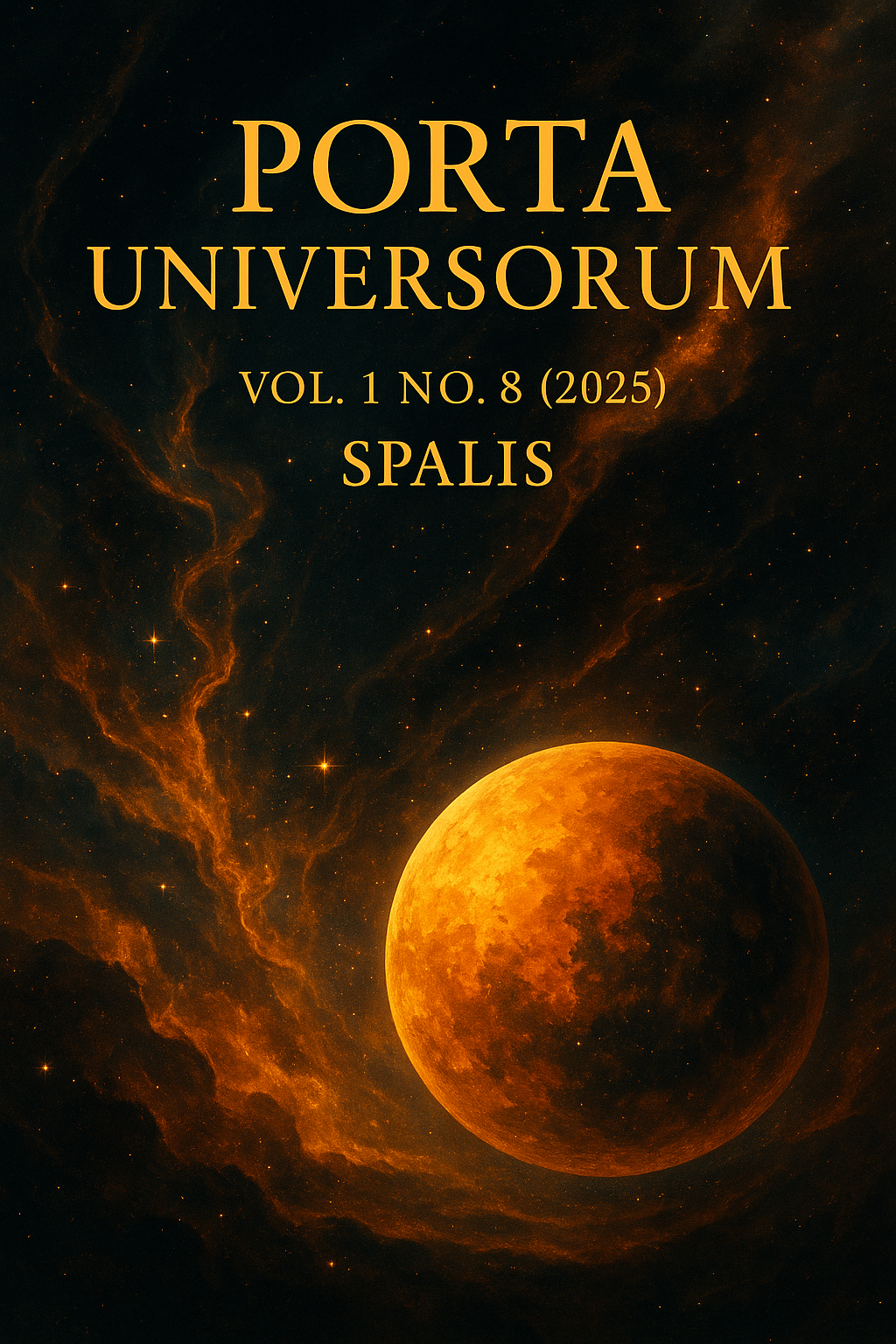The Influence of Stress and Burnout on The Efficiency of Special Education Teachers in Kwara State School For Special Needs.
##semicolon##
https://doi.org/10.69760/portuni.0108002##semicolon##
Stress and Burnout##common.commaListSeparator## Special Education Teachers##common.commaListSeparator## Teacher EfficiencySantrauka
Teaching is a profession that comes with a lot of mental and physical stressors which usually determine the effectiveness of teachers especially special education teachers. This study investigated the influence of stress and burnout on the efficiency of special education teachers in Kwara state School for Special needs. Descriptive survey research design was used, two specific purposes and two hypotheses guided the study. Stratified random sampling was used to select 20 teachers from the school. A self-structured questionnaire was used to elicit responses from the respondents, the instrument was validated by experts in the field of special education. To ascertain the reliability of the instrument, the instrument was pilot tested and Cronbach’s Alpha was used to test the reliability coefficient which yielded 0.70. The data collected was analyzed using descriptive statistics to summarize means and standard deviations, and inferential statistics, including Pearson’s correlation coefficient, to test the hypotheses and examine the relationships between stress, burnout and teacher efficiency. The results indicated that stress has a moderate but noticeable impact on various aspects of job efficiency, including lesson planning, productivity, classroom management, and communication and burnout significantly impacts teachers’ effectiveness, enthusiasm, creativity, and overall job satisfaction. Based on the findings, it was recommended that
##submission.citations##
American Psychological Association (APA). (2021). Stress: What is stress? Retrieved from https://www.apa.org/topics/stress
Eun- Young, P and Mikyung, S (2020). A Meta-analysis of Special Education teachers’ burnout. SAGE Open 1-18, Journals.sageoub.com/home/sgo
Federal Republic of Nigeria (FRN, 2013). National Policy on Education (6th edition). Lagos: NERDC Press.
Golembiewski R.T., Munzenrider R., Carter D. (1983). Phases of progressive burnout and their work site covariants: Critical issues in OD research and praxis. J. Appl. Behav. Sci.;19:461–481. doi: 10.1177/002188638301900408
Guglielmi, R. S., & Tatrow, K. (2018). Teacher Burnout: A Meta-Analysis of the Effects of Stress and Coping Strategies. Journal of Educational Psychology, 110(3), 434-452. Link
HelpGuide (2023). Burnout Prevention and treatment.https://www.helpguide,org/articles/stress/burnout-prevention-and-recovery.htm
Iwan M. R , Effidiyanti, Y and Bibit. S (2019). Burnout and Related Factors Amongst Special School Teachers in Samarinda. Advances in Social Science, Education and Humanities Research, (432) 71
Kim, L. E., & Lee, J. (2019). The Impact of Teacher Burnout on Job Performance: Evidence from South Korea. Teaching and Teacher Education, 79, 44-52. Link
Patti, Van, E (2021). Workplace Mental Health and Well-being Blog/ Pathways at work. https://www.google.com/amp/s/www.pathways.com/pathways-at-work/blog/job-stress-stress-and-employee-performance%3fhs_amp=true
Shen, M., & Zhang, Q. (2020). The Impact of Teacher Stress on Job Performance and Job Satisfaction: Evidence from a Chinese Study. International Journal of Educational Management, 34(4), 743-759. Link
Sokanu interactive INC (2023). What is a Special Education teacher. https://www.careerexpolrer.com/career/special-education-teacher
Yuan, L., & Wang, J. (2017). Stress and Its Impact on Teacher Performance: A Review of Literature. Educational Psychology Review, 29(4), 625-644. Link
##submission.downloads##
Publikuota
Numeris
Skyrius
##submission.license##
##submission.copyrightStatement##
##submission.license.cc.by-nc4.footer##License Terms
All articles published in Porta Universorum are licensed under the Creative Commons Attribution–NonCommercial 4.0 International License (CC BY-NC 4.0). This license permits:
-
Sharing (copying and redistributing the material in any medium or format),
-
Adapting (remixing, transforming, and building upon the material),
-
for non-commercial purposes only,
-
with proper attribution to the original author(s) and source.
Commercial use of the material is not permitted without prior written permission from the publisher.




